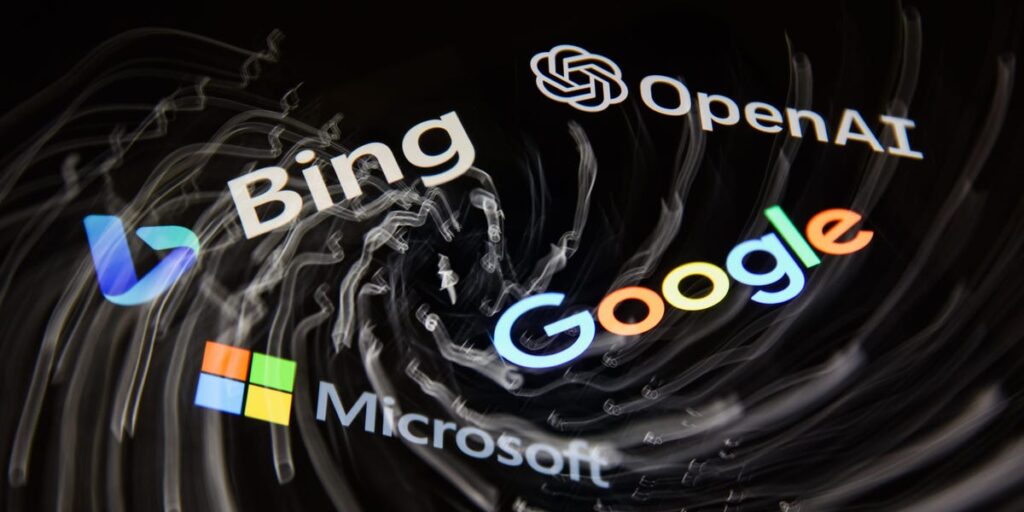But the real winners in this contest may be the workers who received huge compensation packages.
Ram Srinivasan, a managing director at consulting firm JLL and an expert on the future of work, told Business Insider that the race for AI talent is “creating a fertile environment for tech professionals.”
“AI talent is in high demand and companies are offering high compensation. Some AI professionals have received total compensation offers of over $1 million, including significant equity. This competitive market is driving up salaries and providing enticing financial incentives to tech workers,” Srinivasan said.
PwC analyzed more than 500 million job advertisements across 15 countries for its Global AI Jobs Barometer 2024, concluding that workers who learn how to leverage AI are likely to have a bright future, despite potential impacts on employment in some sectors.
The war for talent appears to be favoring workers, as employers are willing to pay more to acquire talent with AI skills: Job ads seeking AI expertise in the US carry a 25% wage premium, according to a PwC report.
A May report from Levels.fyi, a platform where tech industry workers can submit compensation information, found that total compensation for AI engineers has been trending upward recently.
Starting salaries for AI engineers in the U.S. rose from $231,000 in August 2022 to $300,600 in March, according to salary trend data obtained by Levels.fyi.
The Q1 AI Engineer Compensation Trends report found that entry-level AI engineers are earning 8.6% more than non-AI engineers this year. At more senior levels, AI engineers are earning about 11% more than non-AI engineers.
Because workers’ expertise is so highly sought after, they may also have more leverage to negotiate better pay and benefits.
Those with experience in machine learning, engineering, and deep learning command high salaries: According to Levels.fyi, the average total compensation for a machine learning or AI software engineer is $140,823.
Srinivasan said that with many AI experts gravitating to startups, big tech companies must remain competitive to successfully recruit workers with AI skills.
In his view, startups may be more attractive to workers because they offer “more creative input and the potential for greater financial rewards if the company is successful.”



